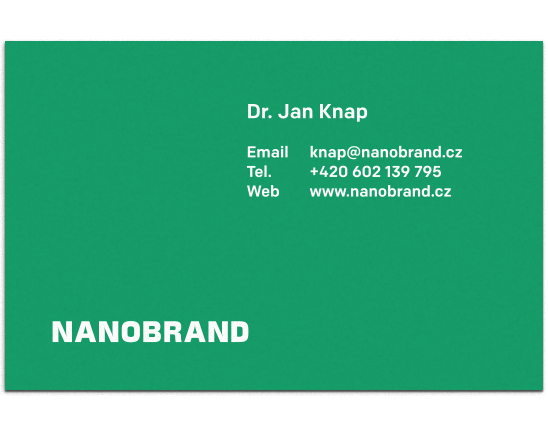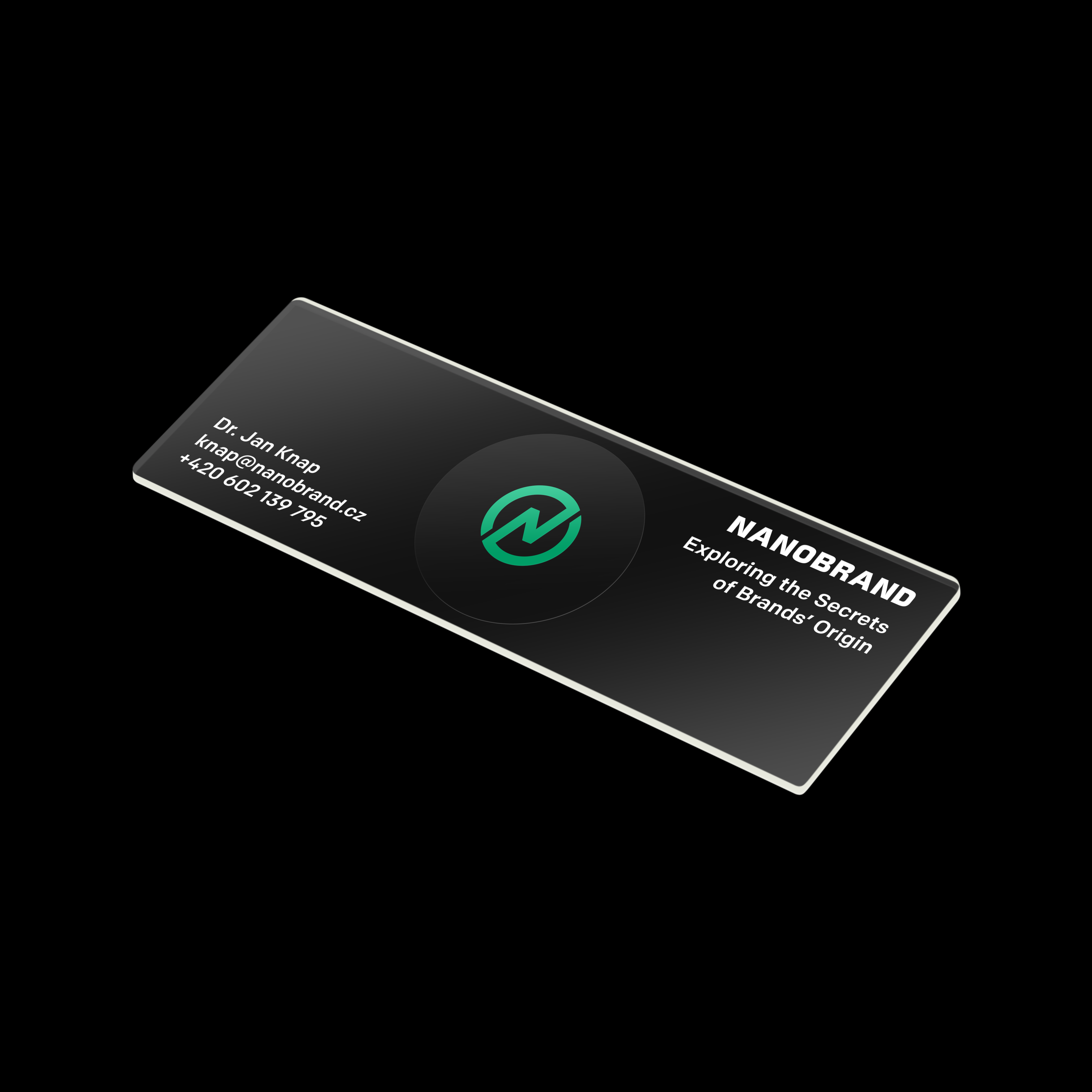Does the first impression just happen?
In the blink of an eye can your business meeting, sales pitch or date become an epic failure or a victory advancing you to the next round. A very moment, which lasts only 100 milliseconds.
Your partner’s brain unconsciously sends back an emotional message that can be interpreted as pleasant or unpleasant feeling. And that is your first impression.
How did it all begin?
Human brain has evolutionary developed to specialize in order to survive. Anytime when your brain sees, hears or feels anything for the first time, all is accentuated, sharpened and magnified. It is the same as your first visit at your girlfriend’s apartment. You clearly recognize a very nice smell in her living room but her senses already ignore it. After few weeks her brain just stopped smelling that nice scent.
Is it now really just about survival?
Imagine that you just came back from your first date. If you made a great first impression and maximized its outcome, your partner should be thinking about you right now. You simply passed her brain’s protective firewall. That move initiated a chemical storm sweeping through her brain like a hurricane moving across the Gulf of Mexico.
How could you provoke a storm like this?
Every time you make a perfect first impression you surpass someone’s expectations. It means that while you became completely different compared to what others expected—you still remained relevant to your objective why you were meeting them.
You can question, disagree or even make fun of the first impression—but you can never avoid it. Every human interaction starts with it. It respects some basic principles and holds the power to change the future.
Can you learn how to impress?
The first impression is not roulette. Mastering it requires the perfect knowledge of your partners or target customers, excellent communication skills, clearly defined objectives and a lot of experience. It consists of a dozen of small things which together create a pleasant feeling in brain screaming: "This is it. I want more!"
It is about gaining control over emotions. It is about affecting all human senses at once. It is about countless hours of hard work. In some cases it is also about scientific brain research—neuromarketing.
It is about using the most advanced diagnostic devices. Just remember: for each ruined first impression you will never get the second chance to make it up.
How many chances did you already lose?
Every business meeting usually starts with this triffle. It is a tool that reminds your business partner about you when you left the room—a business card.

"This is it?" you ask. Yes, this is a business card that states just the obvious facts. Is there any other advantage? Probably not. Just a lot of energy wasted. Such a piece of paper is not going to help anyone today.
But you need to make the best first impression—in a wink to break the status quo into pieces. Brain of your future business partner is supposed to experience "the first of you". It should sharpen all senses and trigger a chemical storm so powerful that he will remember you not only when he is back home tonight but maybe for a few years ahead. You might say: "Impossible?"

Here is a spark that can light up not only a dark room but also a curiosity of anyone around. This is a perfect harmony of purpose, content and form. For all people around it should be really the first chance ever to receive something like this. It should light up relevant centres in their brains—exactly the same as they first visited The Apple Store or enjoyed the test drive of the Porsche.
Just imagine an empty bucket. Each positive first impression is going to fill it up with a glass of mineral water and each negative first impression is going to drill a hole in its bottom. It is clear that a leaky bucket cannot hold water at all.
How difficult is it to change the first impression?
In April 2014 in Portland, Oregon a 19-year old was caught on camera relieving himself into an open water reservoir. Almost 150 million liters of drinking water was contaminated. "It looks like a drop in the sea," you might think? Rationally speaking—yes. But emotionally? How many of you would drink such water? Anyway, officials in Portland flushed all 150 million liters away. Sometimes even a little is too much. People in Portland started to wonder when another incident like that could appear again? Bad taste of the first impression was carved into the city’s brand for long years ahead—especially today in the era of internet.
Whether it is a number of people passing by, who did not help the homeless man who was lying on the street for more than 5 minutes, but did offer a hand almost instantly to the man in a suit, or it is a different approach to more attractive students from their teachers—the facts speak loud and clear. Brain is really too quick to judge a book by its cover and only later tries to rationalize such a snap decision by reconstructing the content. It is important to understand the facts and learn how to handle it. Top recruiters know it very well, indeed. The most experienced ones still cannot make a decision in the blink of an eye—nevertheless they can safely hit the person’s "the sweet spot" as quickly as after 30 seconds.
And what your first 30 seconds can tell the world about yourself?
And what about your brand?
By Michal Sobel on April 9, 2018
Book Your First Brand Health Check ← Other Knowledge